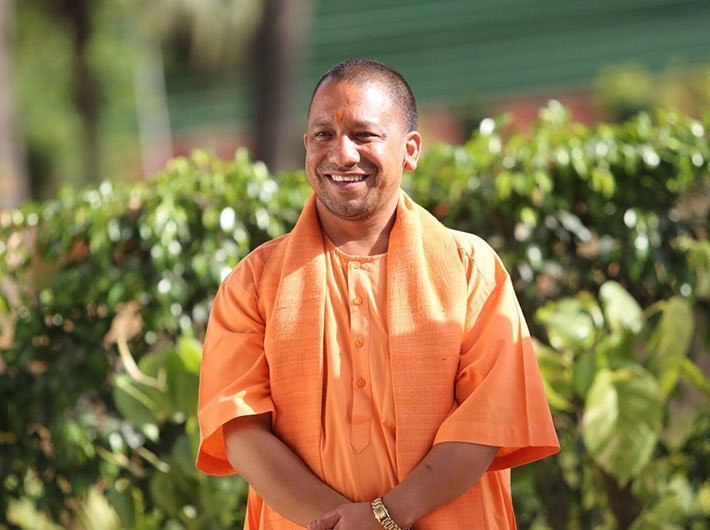After the results of the five state assembly elections were announced on March 10th, there has been so much analysis from several perspectives. But if it is to be summed up in just one word, it is ‘Labharthi’, either actual or latent, who have called the shots. ‘Labharthi’ is a Hindi word, which means ‘beneficiaries’ of welfare schemes of the government.
There are various ongoing central government schemes like PM Awas, PM Kisan, Ujjawala, Ayushman Bharat and Mudra loans, state pension schemes etc. These schemes worked well in ground, where BJP was in power in states, due to effective coordination and seamless flow of the direct benefits. The Double Engine, that is, the same ruling party at the centre and in states, helped more effective delivery of the services and giveaways.
According to estimates, on an average, people reportedly got around Rs 3 lakh in five years. And this explains the pro-incumbency voting, which voted all four BJP governments (in UP, Uttarakhand, Manipur, and Goa) back to power. In UP, for example, the number of Labharthi, excluding free vaccines, is estimated to be around 15 crore, who have got free ration, free treatment, and cash transfers to farmers etc. That number is huge if you see the total electorate of almost the same 15.03 crore in UP in 2022 assembly elections. Just to clarify from the statistical perspective, the estimate of beneficiaries is not unique numbers, as the same person could be beneficiary of multiple schemes and the same person could be counted as many times as many services he would have received. But still, quite a large chunk of the electorate would have benefited directly by one scheme or the other.
In Punjab, the lone state not governed by BJP and bereft of ‘Double Engine’, the electorate looked to AAP as an alternative, best suited to deliver welfare economics, like Rs 1,000 per month to every adult woman, aided by its focus on critical social factors like good public schools and accessible healthcare at doorstep. As published in this publication, based on an Oxfam report, the cost of schooling in a private school is 9 times higher than sending a child to a government school and affordable quality education in government schools is an aspiration for all:
https://www.governancenow.com/news/regular-story/two-indias-one-for-the-billionaires-one-struggling-for-minimum-wages
For those at the bottom of pyramid, a good healthcare system is an insurance against not falling back again into poverty, and good affordable schooling promises better future generations and have good electoral appeal.
In fact, if one analyses success of the longest-serving chief minister continuing as on date, Naveen Patnaik of Odisha, who has been in power continuously for last 22 years, the focus of his government has always been on successful implementation of welfare economics including ongoing schemes like ‘Kalia’, a welfare scheme for agriculturists, which influenced the shaping up of PM Kisan. The Odisha government has several welfare programmes including the state’s own food security and health insurance schemes reaching the last mile successfully.
The Covid pandemic, which hit crores of people at the fringe badly, has made voters more discerning. They have started rewarding those who reach out to them in times of need and help in their development. An honest intent, well thought-out programmes and effective delivery thereof – these are the factors what the large majority of poor look for.
For all the parties which need endorsement of the electorate, it is time to get back to basic welfare economics. They must pass the litmus test of either creating an enabling environment where people can develop and grow or support them in meeting their basic necessities of life. The India story is now both existential and aspirational.
Mishra, a policy analyst and columnist, is a topper in Political Science, from Sambalpur University, Odisha.
